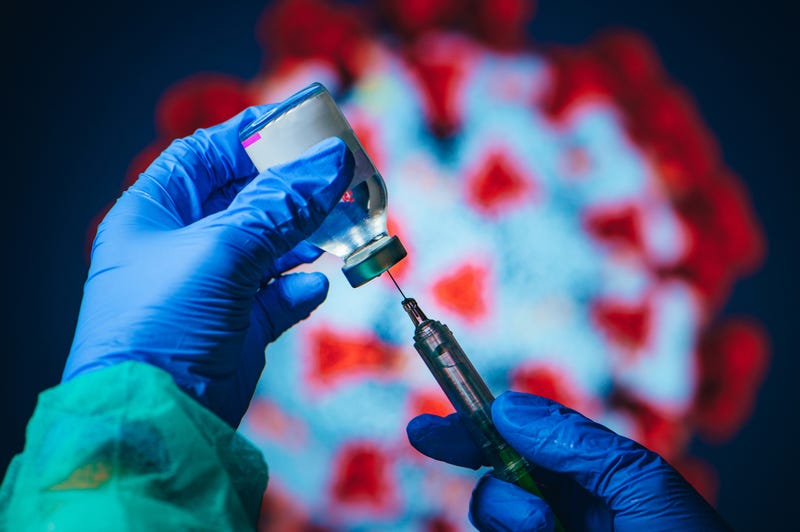
In order to get to the 80% immunity threshold to try and move beyond the pandemic, it’s going to take persuading people who are hesitant to get vaccinated, including in BIPOC communities.
Many of the barriers to getting vaccinated can be summed by language, difficulty navigating the system or general distrust.
The state has contracted with 40 community organizations to provide what officials call “trusted validators” within communities to try and get more people on board.
But it’s not just about a return to normalcy, it’s about saving lives, said Kelly Robinson, president of the Twin Cities chapter of Black Nurses Rock.
“Our goal is to let people know that it’s OK. There’s nothing that’s perfect. We can’t project that absolutely nothing is going to go wrong,” Robinson said. “But we also know that COVID-19 has killed so many people that it is better to get the vaccine than to not.”
A Washington Post op-ed calls for health officials to open vaccine eligibility to Black Americans younger than 65 due to disparate outcomes related to the virus. Health Commissioner Jan Malcom said as the vaccine supply increases, they will be more expansive with eligibility and “more targeted.”
“As we age-adjust out statistics here in Minnesota we see the same thing (as in the article),” Malcolm said. “Younger people in some of our populations of focus are dying at higher rates per capita than the older, white populations.”
The barriers transcend race, ethnicity or legal status. Rodolfo Gutierrez is the executive director of HACER. They have a hotline to respond to questions and are trying to get the word out that state officials are not collecting information.
“Living and learning in the process of living here and incorporating themselves into the communities in Minnesota, they cannot trust too much information because so many times they’ve been exposed to being deported,” Gutierrez said. “That is something we’ve been fighting against. We need to tell them: it’s MDH. MDH is trying to bring you health.”
Gutierrez also said sometimes information can get lost in translation and there’s miscommunication. That’s a similar experience to Yao Lo who works with the Lao Family Community of Minnesota.
“The Hmong group, we cannot speak English good,” Lo said. “The way we register online is very hard for our people. They like to contact our pharmacy and come in person to register because we speak their language. It’s easier for them.”
Walz said it will be this week or early next week when officials announce the next groups eligible for the vaccine once they reach the point of 60 to 70% of seniors receiving their first doses.
